Publications
Articles, publications, books, tools and multimedia features from the U.S. Institute of Peace provide the latest news, analysis, research findings, practitioner guides and reports, all related to the conflict zones and issues that are at the center of the Institute’s work to prevent and reduce violent conflict.
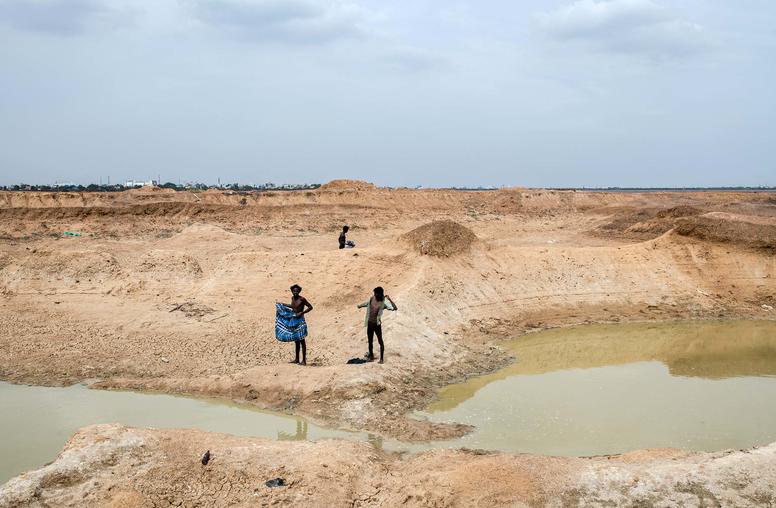
The Intertwined Futures of Climate Action, Fragility and Peacebuilding
Crises are often described narrowly; clearly differentiated by the aspect of society they impact, such as the economy or national security. But the COVID pandemic and looming climate crisis have shown that lines distinguishing one crisis from another aren’t as distinct as they may seem, and that underlying issues like COVID can impact a number of sectors simultaneously. Navigating the intersection of health, economic, governance and humanitarian issues has become the defining challenge of the pandemic response...
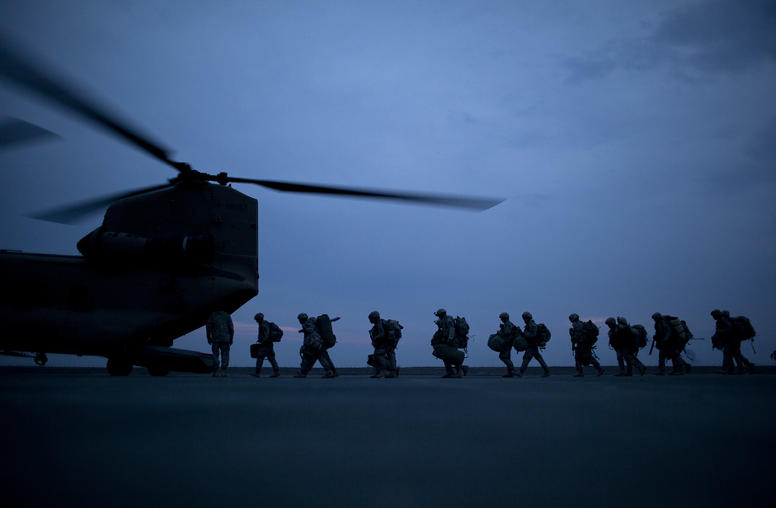
U.S. Withdrawal from Afghanistan: End to an Endless War?
President Joe Biden formally announced on Wednesday that the United States will withdraw troops from Afghanistan by September 11 of this year, the 20th anniversary of the al-Qaida attacks that led to the U.S. overthrow of the Taliban. The decision comes a month after U.S. Secretary of State Antony Blinken looked to jump-start the moribund intra-Afghan peace talks in Doha, Qatar with a sweeping set of proposals. Although the withdrawal would mean an end to America’s longest war, the implications for Afghanistan’s hard-won progress are immense and many fear the possibility of a rejuvenated civil war after U.S. troops leave.
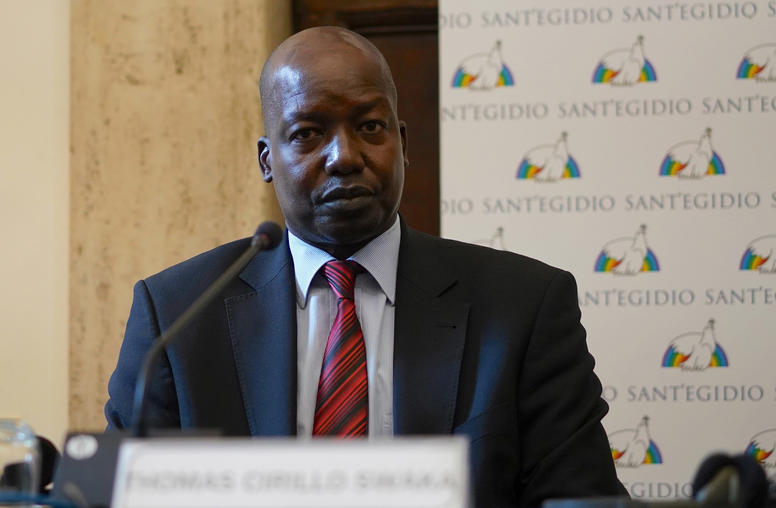
Conflict and Crisis in South Sudan’s Equatoria
South Sudan’s civil war expanded into Equatoria, the country’s southernmost region, in 2016, forcing hundreds of thousands to flee into neighboring Uganda in what has been called Africa’s largest refugee exodus since the 1994 Rwandan genocide. Equatoria is now the last major hot spot in the civil war. If lasting peace is to come to South Sudan, writes Alan Boswell, it will require a peace effort that more fully reckons with the long-held grievances of Equatorians.
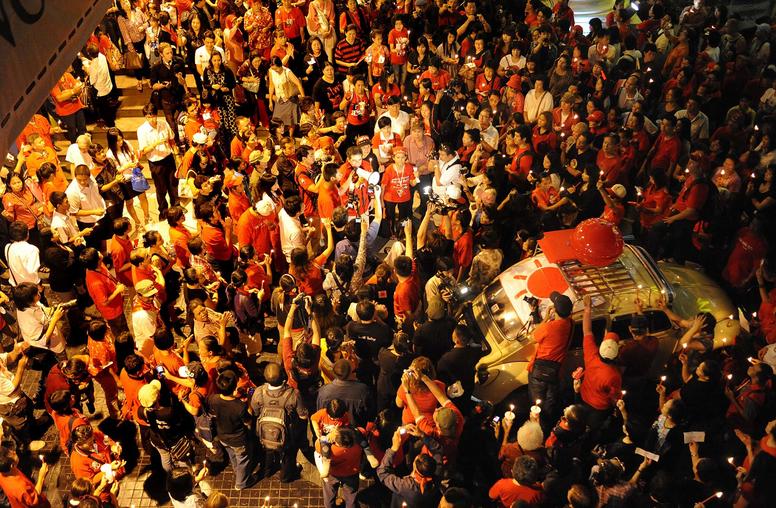
Can Civil Resistance Breakthroughs Advance Democracy?
We are in one of the largest waves of nonviolent resistance in history. Even the COVID-19 pandemic could not stop massive uprisings in Thailand, Belarus, Myanmar and elsewhere as ordinary citizens use nonviolent tactics to challenge entrenched authoritarians and demand reform. Yet, even as more and more people have hit the streets to push for change, the Varieties of Democracy project reports that global democracy has never been weaker and the long trend of growing autocracy has only accelerated. What can be done to turn this around?
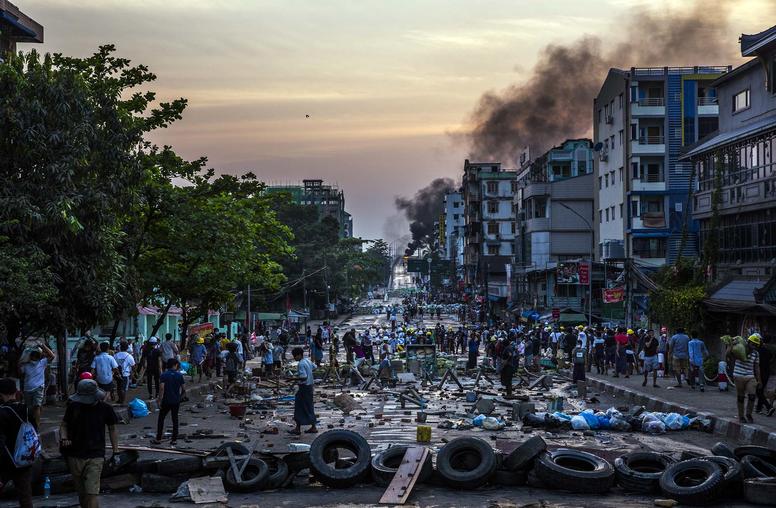
Myanmar Coup Weakens Southeast Asia Security and Cooperation
Southeast Asian governments have reacted to the coup in Myanmar in diverse ways that reflect divergent interests. Some, such as Singapore, have condemned the generals’ violence against anti-coup protesters. Others, including Vietnam, have strategic concerns behind their limited willingness to speak out. Cambodia may believe it benefits from the takeover as international attention shifts to Myanmar. They can all agree, though, that fallout from the coup is damaging the Association of Southeast Asian Nations (ASEAN) at a time when the broader regional order is in flux.
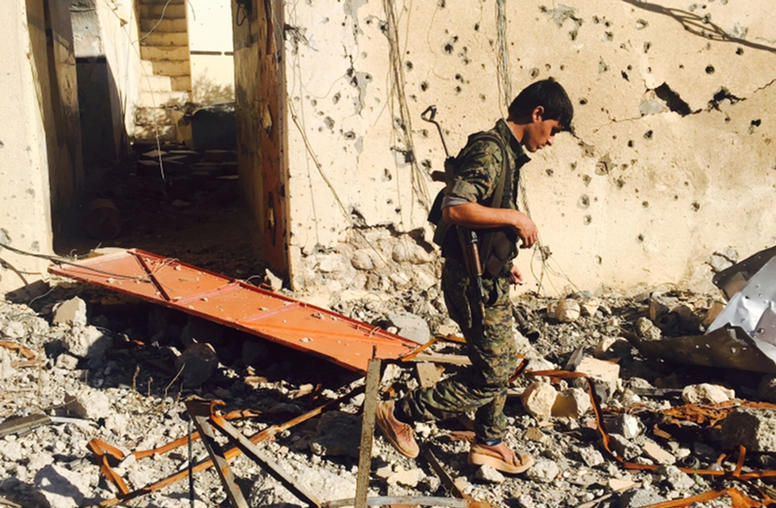
Struggle for Sinjar: Iraqis’ Views on Governance in the Disputed District
Iraq’s Sinjar district and its communities have struggled to recover from the recent conflict against the Islamic State group (ISIS). This is due in large part to the fact that the district is one of 14 territories under dispute between Iraq’s federal government and the Kurdistan Regional Government (KRG). As a result, Sinjar has become an arena for competition between the federal government, KRG and other actors in the post-ISIS period. This reality has led to frustration, anger and disillusionment among the communities in Sinjar, the majority of whom are Yazidi (Ezidi).
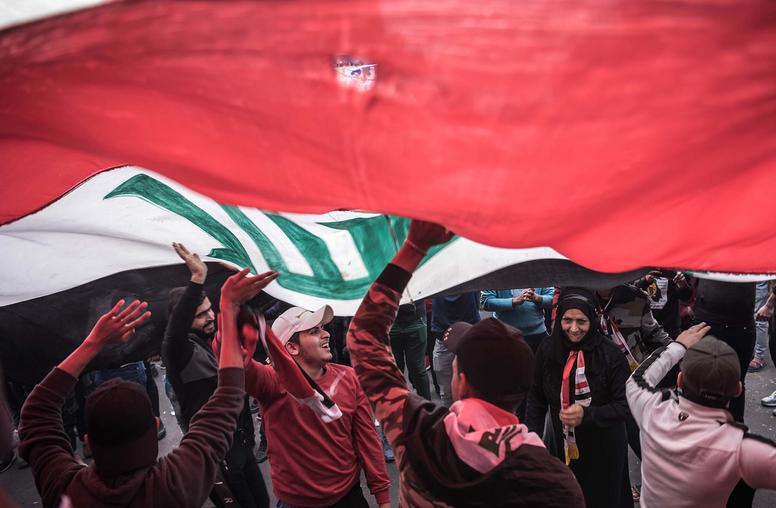
New Talks Could Help Iraq Find Room to Stabilize Amid Crises
As Iraq’s government struggles to build stability in the face of economic decline, COVID, political protest and periodic violence, it may see new hope for some maneuvering room in its narrow political space between the United States and Iran. One day after U.S. and Iranian officials agreed through intermediaries to work toward restoring the 2015 accord over Iran’s nuclear program, American and Iraqi diplomats announced an intent to remove U.S. combat forces from Iraq. Both initiatives face deep uncertainties. But if successful they could widen Iraq’s difficult path toward peace.
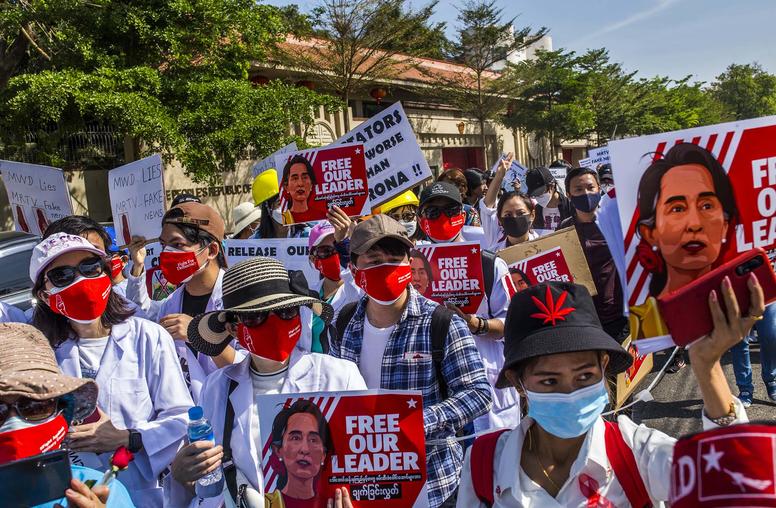
China’s High-Stakes Calculations in Myanmar
The ultimate outcome of Myanmar’s nine-week-old coup will affect a range of international actors — but none more than China. As Asia’s greatest power, China has strategic and economic stakes in its neighbor to the south that leave little space for genuine neutrality behind a façade of non-interference. Since February 1, Beijing has profoundly shaped the trajectory of post-coup violence and blocked international efforts to restore stability.
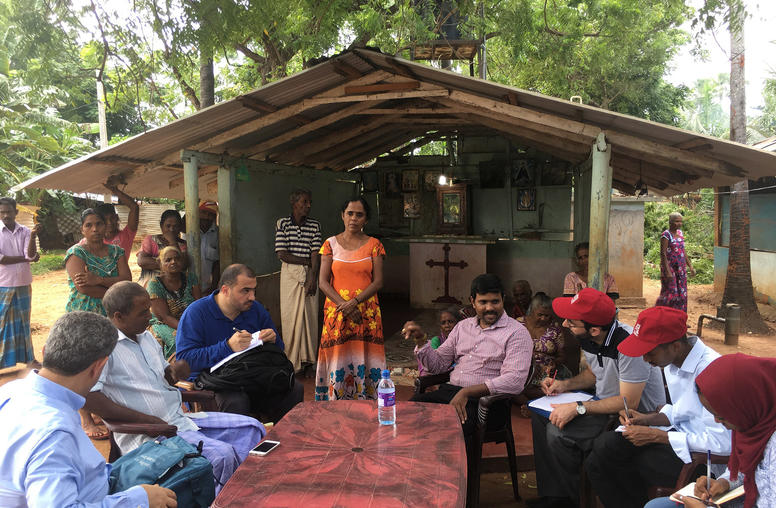
Getting to the Source: The Importance of Field Research
Travel restrictions and social distancing practices put in place in response to the COVID-19 pandemic have largely ground field research to a halt. Fieldwork plays an essential but often underappreciated role in both understanding violent extremism and developing policy responses to it. It is vital, therefore, that funders and policymakers support the return of such important work in a post-pandemic world.
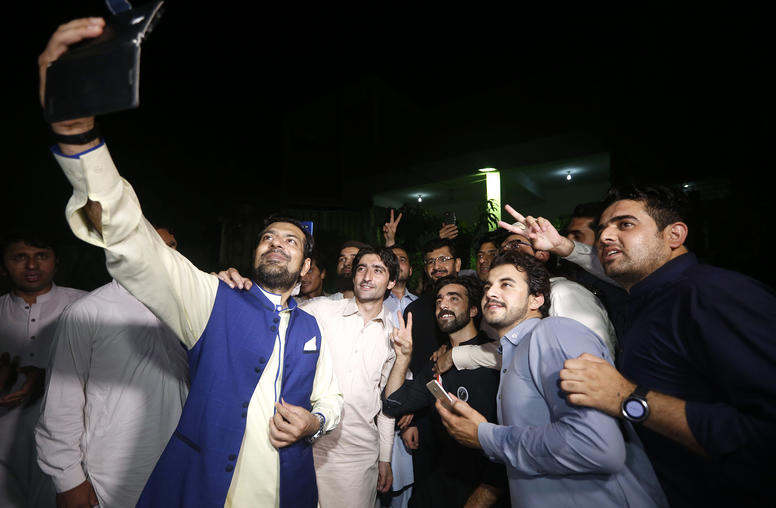
Extending Constitutional Rights to Pakistan’s Tribal Areas
When Pakistan’s Federally Administered Tribal Areas were officially merged into Khyber Pakhtunkhwa Province in May 2018, the five million residents of the former tribal areas acquired the same constitutional rights and protections—including access to a formal judicial system—as Pakistan’s other citizens. This report, based on field research carried out by the authors, explores the status of the formal justice system’s expansion, finding both positive trends and severe administrative and capacity challenges, and offers recommendations to address these issues.